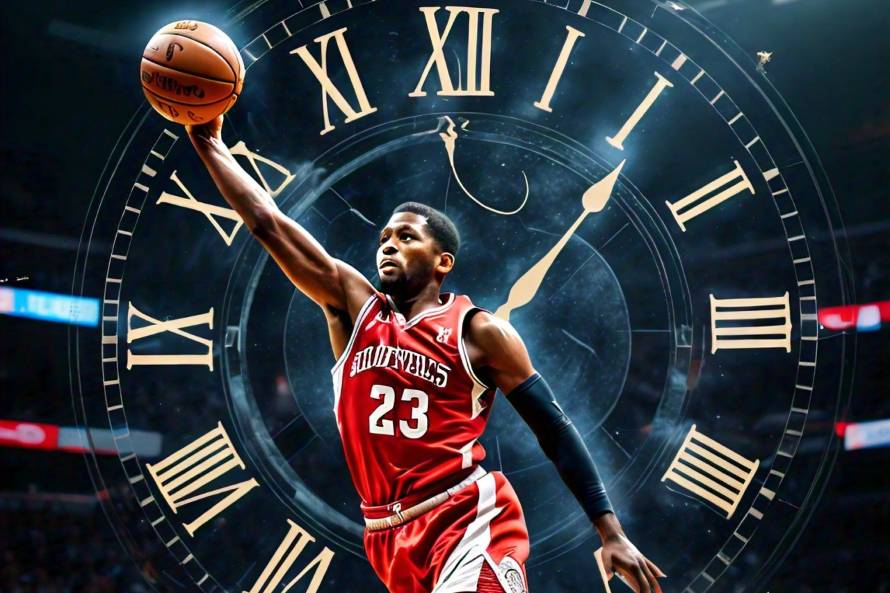A study published in Chronobiology International has revealed that the body clock significantly impacts the performance of NBA players. The research, based on more than 25,000 matches across 21 seasons, suggests that elite basketball coaches and teams should consider the effects of time zone travel when planning and preparing for games.
Western Teams Dominate When Playing at Home Against Eastern Opponents
The study found a nearly 10% difference in win ratio for home teams from the western time zone (PDT) when playing against teams from the eastern time zone (EDT). When PDT teams host EDT teams, their winning percentage is 63.5%, but when EDT teams host PDT teams, their winning percentage drops to 55.0%.
Additionally, teams win more home games when their sleep-wake cycles, linked to their circadian rhythm (CR), are “ahead” of the local time after returning west from a city further east.
“One of the most important results of this research for the home games of the NBA teams is that while traveling to the west increases the performance, traveling to the east decreases the performance,” explains Dr. Firat Özdalyan, a Sport Physiology expert from Dokuz Eylül University.
Adapting to Local Time is Key for Away Game Success
The study also found that NBA teams need to adapt to the local time when playing away games to perform well. Teams do not have the same success when their internal body clocks are either behind or synchronized with the local time of their home arena.
“Another notable finding is that the success of NBA teams increases when they are fully adapted to the local time for away games,” states Dr. Özdalyan. “Home teams who will be exposed to such a CR phase shift (traveling from west to east) should be mindful of these potential performance detriments when constructing game plans.”
The authors suggest that teams in the Pacific time zone, such as the Los Angeles Lakers, Portland Trail Blazers, and Seattle Supersonics, may have an advantage in regular season home games. They attribute this to anaerobic performance, which is crucial for scoring, defending, and other feats, peaking later in the day.
As for away teams, the authors believe that travel fatigue, rather than phase shifts in CR, is more likely to blame for poor performance. Players who have rest time between games or have not traveled across time zones for an away match are better able to synchronize their body with the local time, resulting in less fatigue and better performance.
Keyword/Phrase: NBA Performance and Body Clock


